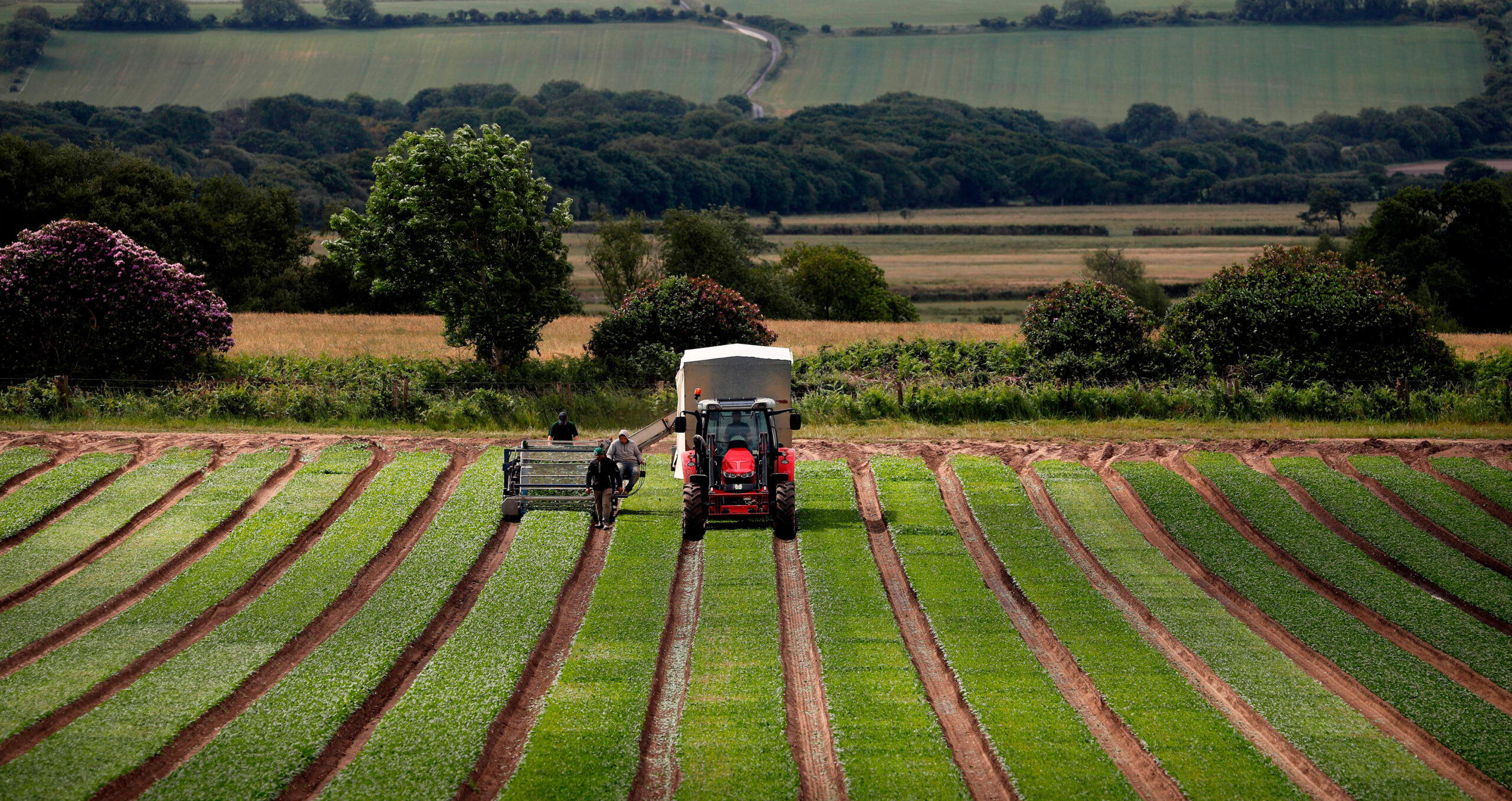
Green groups slam ‘loopholes’ in EU Nature Restoration law

The European parliament, commission and council have finally come to an agreement on hotly contested nature restoration legislation, but campaigners rue the negative impact centre-right lobbying has had on the text
Environmental groups have welcomed the final decision by the EU institutions on an EU Nature Restoration law, but criticised the changes made from the original proposal following intense lobbying by centre-right members of the European parliament for the law to be scrapped.
After intense discussions, negotiators for the European parliament, the commission and the council have come to a decision on the controversial law the European People’s Party had claimed would threaten farmers and food security in Europe.
“The good news, the law survived the assault of the bring–on–the–Armageddon brigade,” said Ariel Brunner, regional director at BirdLife Europe, a non-profit, on LinkedIn. “The bad news, it’s full of loopholes so implementation will be needlessly difficult and contentious.”
“We finally have a much-needed law that, in theory, would force the EU to take concrete action to restore its ailing nature,” said Ioannis Agapakis, nature conservation lawyer at ClientEarth, a non-profit, in a press statement.
However, he accused negotiators of “hollowing out the law to the point that it risks being toothless in practice and prone to abuse”.
“The numerous exemptions and lack of legal safeguards have set a very frightening precedent for EU law-making,” said Agapakis.
Sabien Leemans, senior biodiversity policy officer at the WWF European Policy Office, said in a statement: “While this deal is more ambitious than the weak Parliament position, it is still a far cry from what science tells us is necessary to tackle the climate and biodiversity emergencies.”
The agreed text sets down concrete requirements to increase nature on farmlands and restore peatlands, but also introduces the possibility for countries to pause the legislation through an “emergency brake”.
And this is not the end of the road – the agreement must now be endorsed by EU member states and be voted on by the parliament’s environment committee, later this year.
Similar Articles

Sustainability practitioners struggling with ‘scale and scope’ of CSRD

Esma guidelines on sustainability rules for European funds deemed ‘vague’


